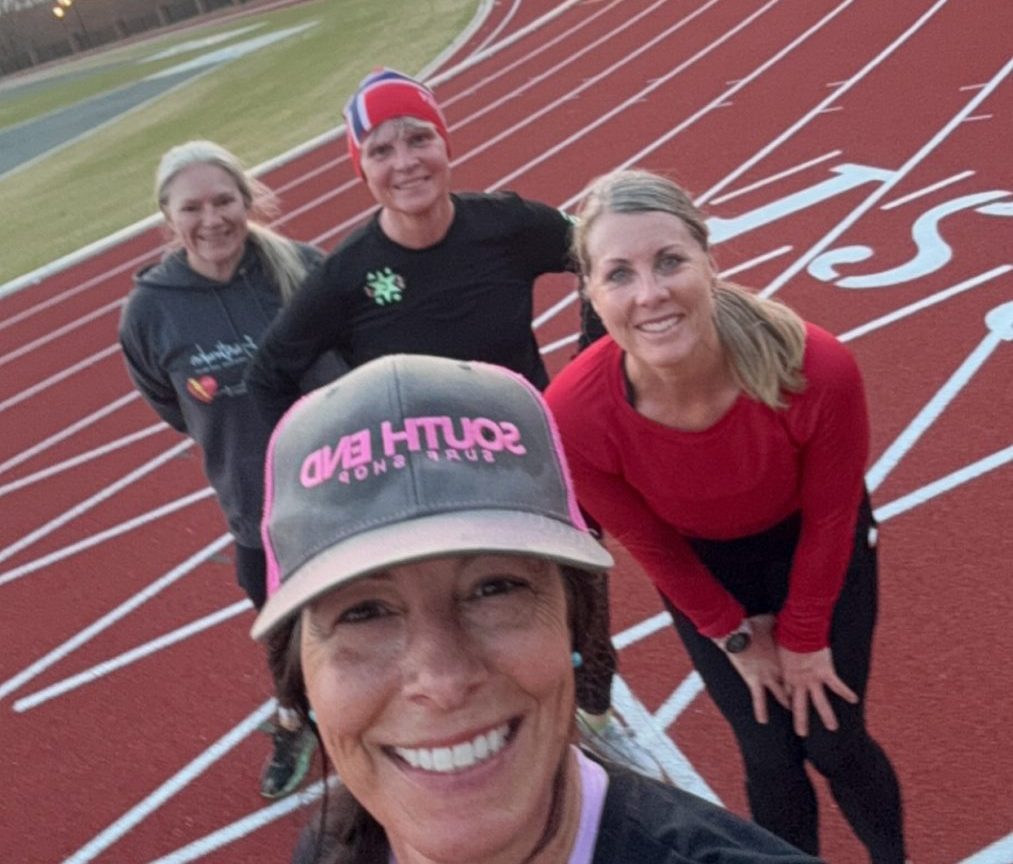In recent years, run clubs have shifted from niche gatherings to vibrant communities that cater to athletes of all abilities, including seasoned endurance athletes. For those who engage in longer-duration races or training sessions in challenging conditions, the dynamics of running with a group can bring enhanced benefits that extend beyond mere camaraderie.
Incorporating social elements into long-distance training sessions offers mental advantages that may enhance performance. Engaging conversations with fellow runners during extended runs can help divert focus from fatigue, allowing athletes to maintain a productive mindset. This mental resilience often translates into better pacing and energy management over time. Moreover, the social structure provided by run clubs serves as a built-in accountability mechanism, making it less likely for athletes to skip essential training days due to weather or motivational dips.
From a nutritional standpoint, participation in run clubs opens up avenues to discuss and refine fueling strategies that are critical for long, grueling training sessions and races. The collective experience of seasoned runners can be invaluable when it comes to fine-tuning timing for carbohydrate intake. For instance, athletes may benefit from practicing specific fueling routines during group runs, allowing them to test their gut tolerance while engaging in dynamic, high-motivation settings. Understanding individual needs becomes crucial; not all athletes respond the same way to various fueling options. Discussing personal experiences with nutrition in a social context provides insights that can lead to improved gut tolerance and more efficient energy utilization.
Additionally, hydration strategies often improve when athletes exchange knowledge about what works best under particular environmental conditions. Endurance runners often face challenges with hydration, especially in warmer environments where sweat loss can be significant. Sharing practical experiences about electrolyte replacement and fluid intake intervals can help athletes optimize their hydration plans to maintain performance without risking gastrointestinal distress.
Utilizing run clubs also presents opportunities for athletes to explore supplement efficacy in a real-world context. Joining a community allows for organic discussions about which supplements have enhanced recovery, energy levels, or overall performance. Rather than relying solely on marketing claims, athletes can gather anecdotal evidence from their peers, helping them make informed decisions about what to incorporate into their regimen on race day or during prolonged training blocks.
Metabolic efficiency is another critical area where run clubs can facilitate improvement. Engaging in group sessions promotes a variety of workouts, including threshold runs, tempo sessions, and long slow distances. These workouts not only maintain the joy of running but can also challenge athletes to dial in their metabolic rates, allowing them to understand how their bodies respond to different paces and training loads. A well-rounded training program that integrates both social runs and focused sessions will likely yield a more adaptable and efficient athlete in the long run.
In terms of recovery optimization, run clubs often emphasize the importance of post-run rituals, including nutrition and stretching. Sharing these best practices can help athletes identify recovery protocols that work best for their unique needs. Connecting over experiences like post-run meals can encourage better adherence to nutrition plans that support recovery, especially after taxing sessions. This communal aspect of recovery provides an additional layer of support, reinforcing good practices through shared commitment.
Overall, the evolution of run clubs into inclusive and performance-oriented communities offers a unique benefit for endurance athletes. With the right mindset, seasoned runners can capitalize on these dynamic environments to enhance their training, improve nutrition timing, and refine their fueling strategies while enjoying the mental boosts that come with shared experiences. A practical takeaway for athletes is to leverage the social aspect of run clubs during long training sessions to experiment with nutrition strategies in real-time, allowing for optimization that can lead to performance gains on race day.
